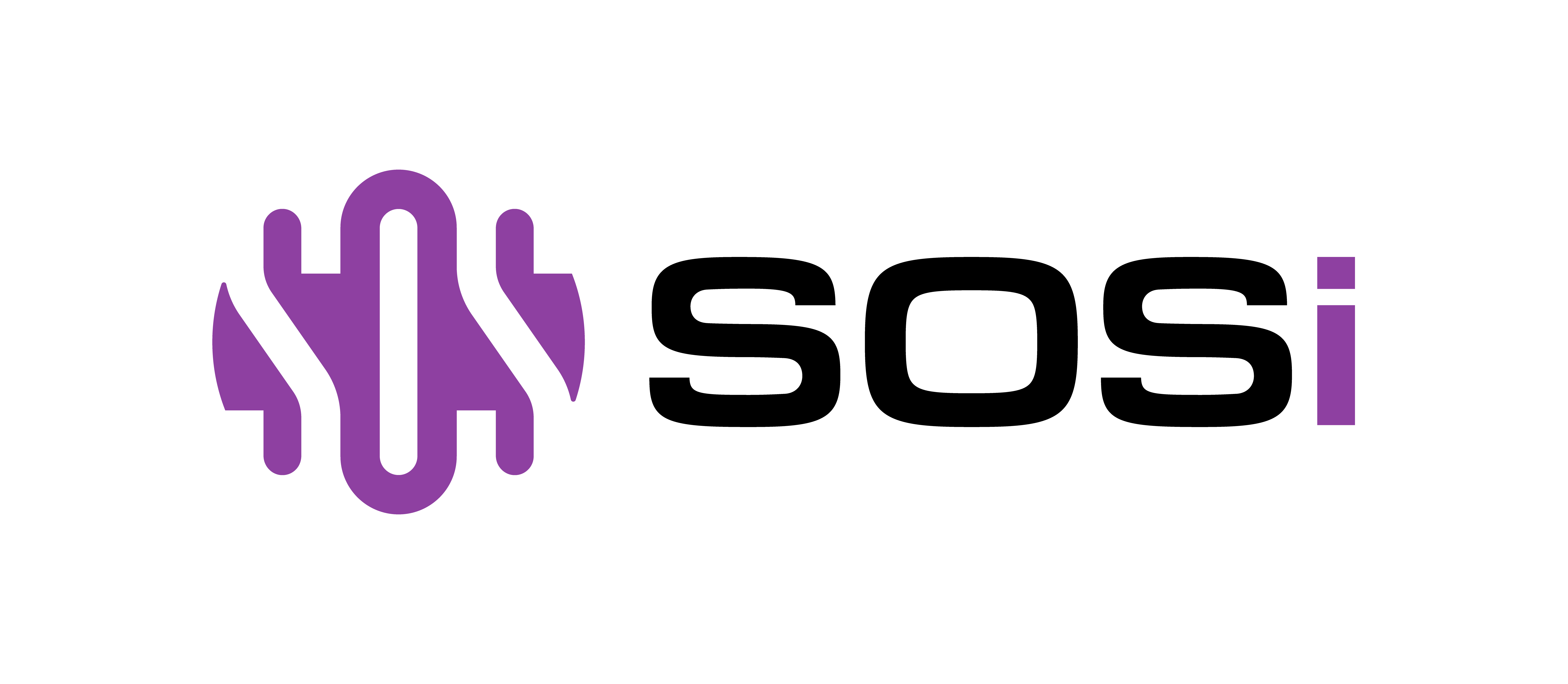
In today’s complex military operations, information advantage is as crucial as fire and maneuver. Yet for coalition forces, sharing vital intelligence and operational data across national boundaries remains a persistent challenge—one that traditional network-centric security models struggle to address effectively.
A fundamental paradigm shift is underway, moving from network-centric to data-centric security architectures. This evolution has profound implications for coalition operations, particularly in multinational environments where diverse security protocols and classification systems have historically impeded effective information sharing.
The traditional approach focused on securing network “enclaves,” creating protected environments with clearly defined access controls. While effective for single-nation and tetragraph operations, this model creates significant friction in coalition environments where partners need access to specific information rather than entire networks. The result has been an operational environment where technical limitations constrain strategic objectives.
Data-centric security offers a more nuanced approach. By tagging individual data elements with specific sensitivity markings, military networks can enable granular, need-to-know access regardless of where information resides. This method ensures sensitive data remains protected throughout its lifecycle while facilitating necessary coalition information sharing.
“In this theater, we’re conducting a grand symphony of cybersecurity,” said SOSi INDOPACOM MPE Program Manager Brandon Coleman. “Each nation is like a different instrument, with its own unique sound and capabilities. Our challenge is to ensure that all these instruments play in harmony.”
Implementing data-centric platforms requires addressing several core challenges. Federated identity management demands aligning authentication standards across organizational and international boundaries. Data tagging taxonomies must be coordinated to ensure consistent handling of sensitive information. These efforts require both technical solutions and diplomatic finesse.
SOSi Vice President for Coalition Network Engineering Steve Robles said mutual respect between partner nations is critical to the process. “We recognize that each partner nation is on its own unique journey towards enhanced cybersecurity,” he said. Our role is to acknowledge their individual progress, challenges, and goals while working together to create an interconnected, secure environment.”
While fully implementing data-centric security across coalition networks requires sustained effort, the operational benefits are substantial. Forces gain the ability to share critical information securely, maintain appropriate protection for sensitive data, and operate with enhanced coordination across national boundaries.
As the United States, NATO, and additional partners confront evolving security challenges, data-centric platforms will become increasingly vital to operational success. By enabling secure information exchange while respecting national security requirements, these systems create the foundation for truly integrated multinational operations.

